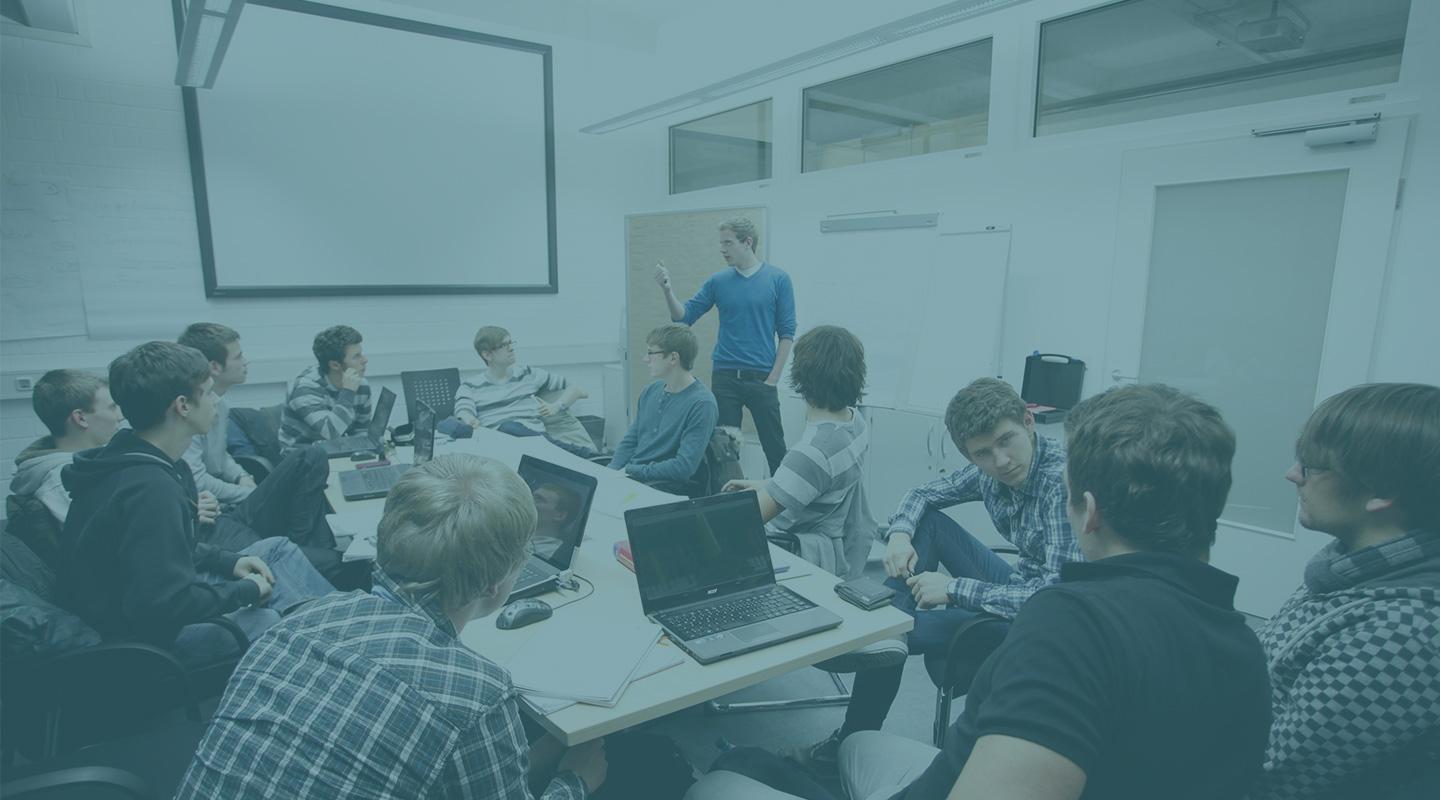
Events
Neben der persönlichen Beratung bieten wir Ihnen HPC-Schulungen auf allen Niveaus an wechselnden hessischen Standorten.
Zusätzlich zu unserer jährlich stattfindenden Workshop-Serie HiPerCH (High Performance Computing in Hessen) werden auch Tutorien zu Spezialthemen angeboten.
An den Standorten finden spezielle Clustereinführungen statt.
Unsere Angebote sind kostenfrei.



